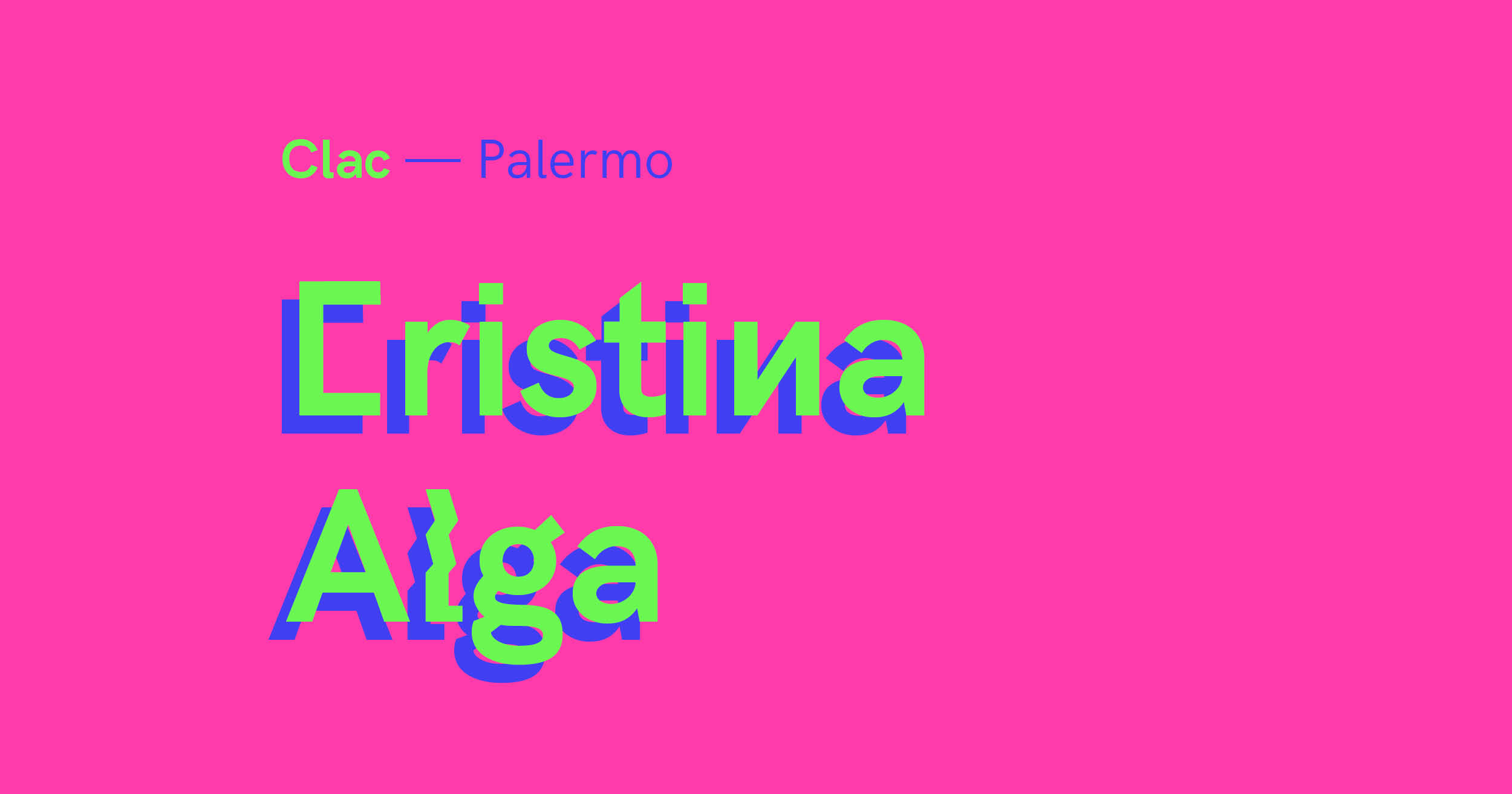

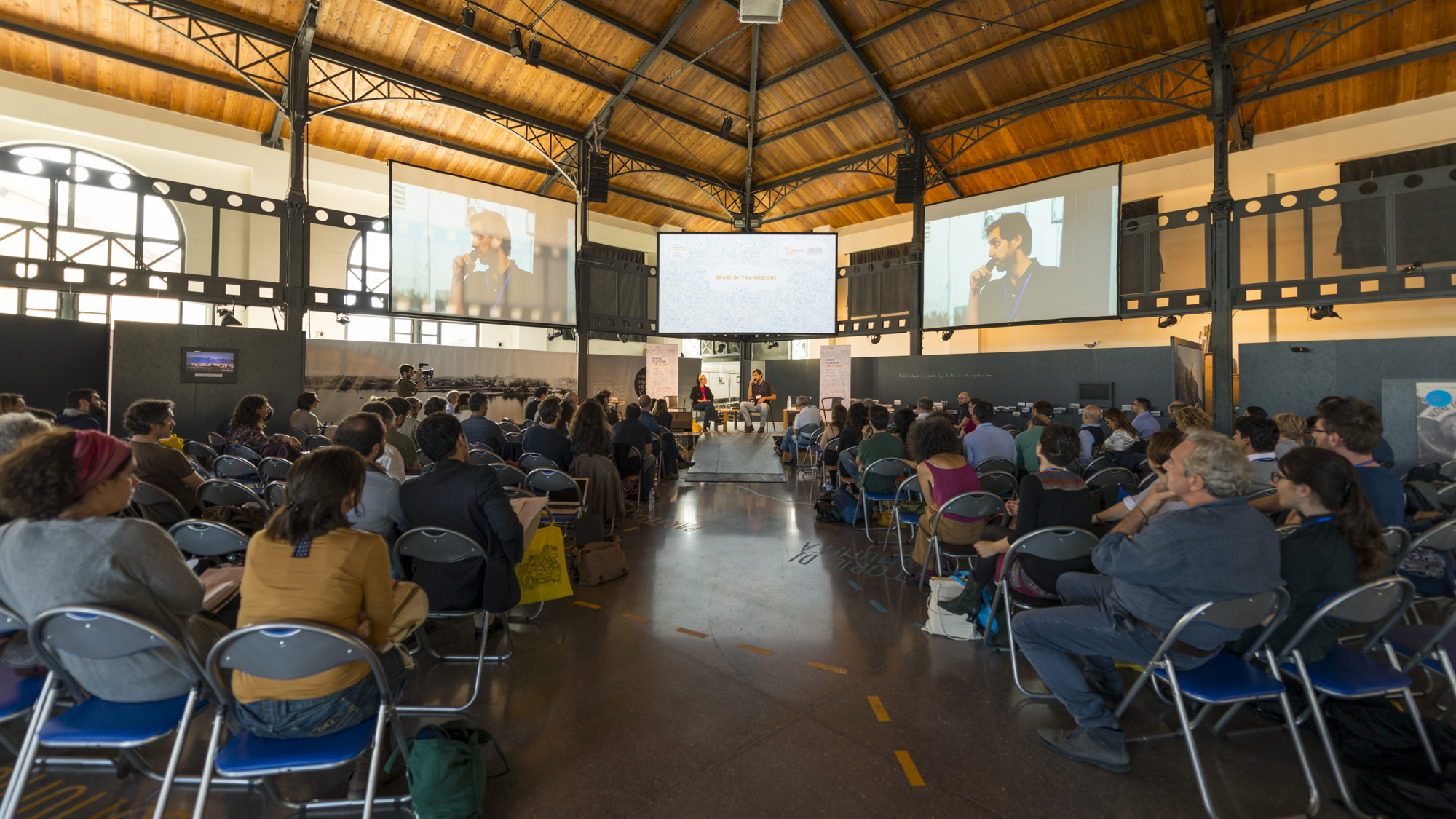
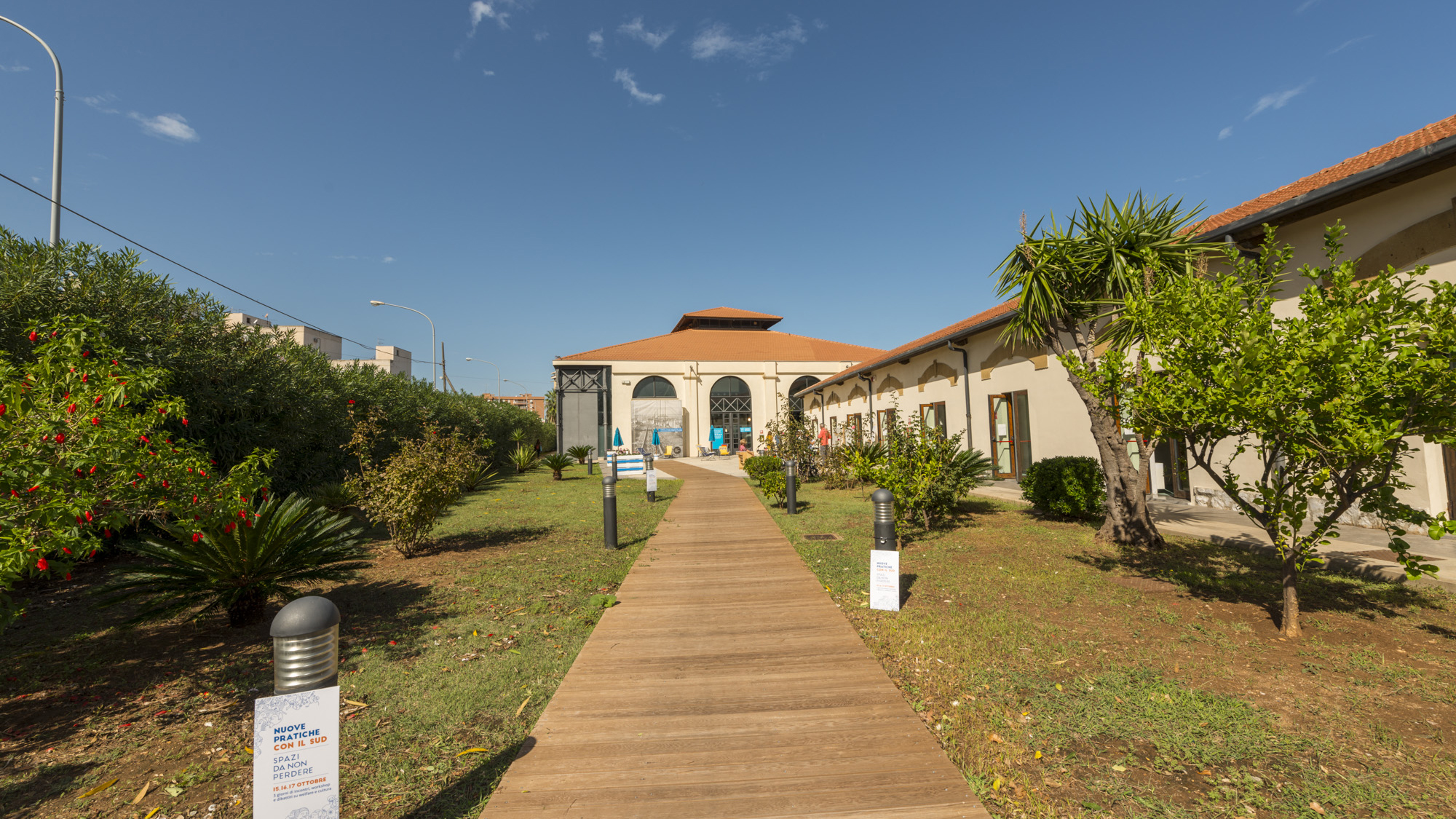
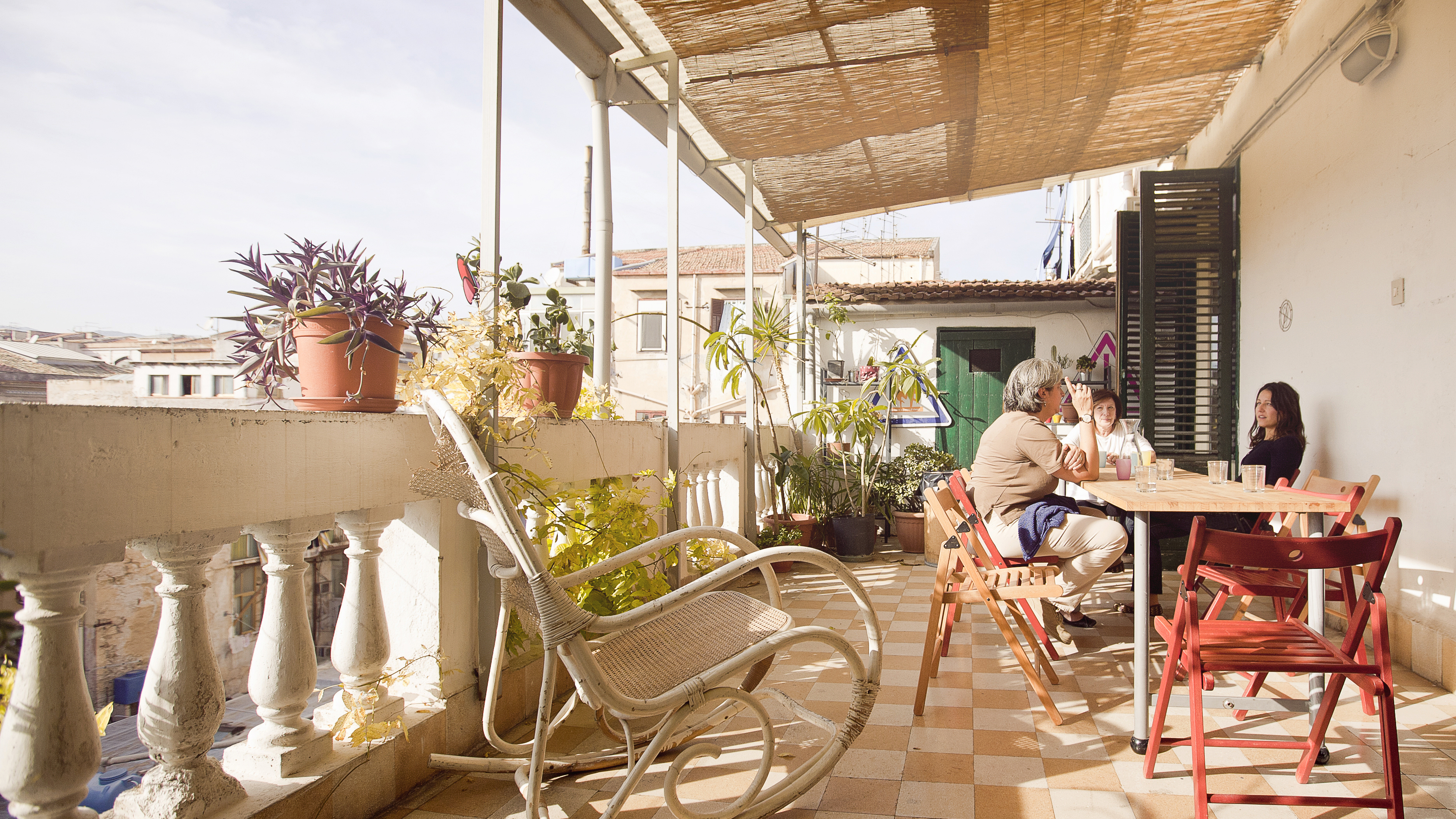
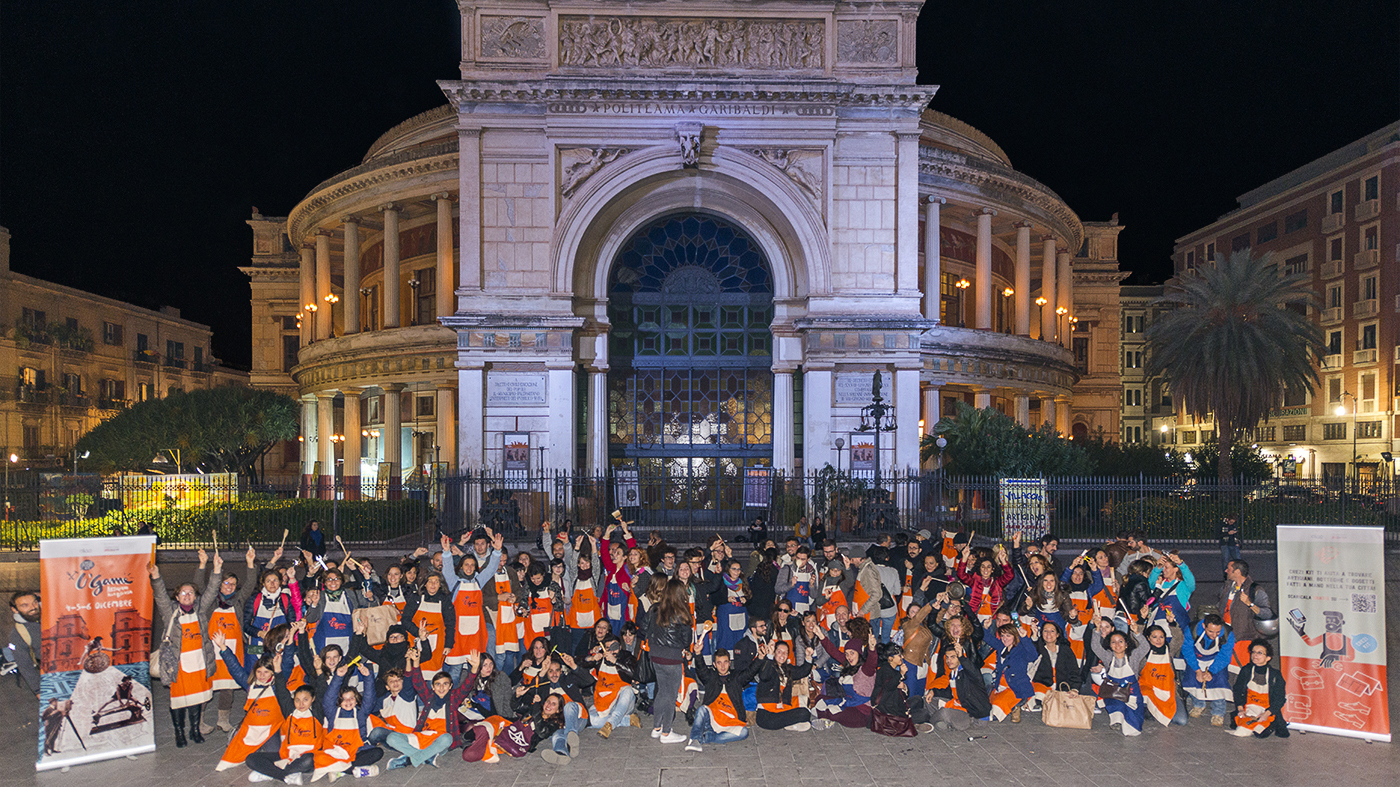
Continua il tour in giro per l'Italia, alla ricerca di pratiche ed esempi in tema di produzione culturale indipendente: oggi tocca a Cristina Alga di Clac Palermo.
What do you do for a living?
Project manager and communication responsible for CLAC’s projects.
What do you wish you’d be doing for a living?
What I’m already doing, but with more time available for active research and on-field activity.
Why do you do what you do for a living?
I chose a job that could contribute to some sort of change, ensuring that my job would not be separated from what matters to me (beauty, equality, sea, love, respect…).
How do you transform a physical space into a place?
You need to fill it with people who take care of it and attribute it some core values, thus characterizing it.
Can you provide us with at least three examples of successful Space/Place transformations?
Besides the three we are representing? I’d say the former benedict monastry in Catania, turned from hosting the faculty of literature to becoming a space loved and known by the whole city, thanks to Officine Culturali; the Neighborhood houses (Case del Quartiere) in Turin; Farm Cultural Park in Favara.
What do you think about the interconnection between the independent cultural production centers in Italy?
We all know each-other (not everyone), but that’s not enough for us to speak of interconnection. I believe that a big network model – as in the Trans Europe Hall – is hard to accomplish and maybe not necessary on a nation-wide scale. Maybe it’s better to think about strategic alliances based on specific objectives (a good example could maybe be the work on community hubs made together by Base and Kilowatt).
What were the hardest times in your work, and why?
I’d say there’s two types of hard times:
1) Those when I couldn’t still deal peacefully with the lack of a future – it’s not a job where you can make long-term plans, you need to learn how to live out of resilience and adaptation, be aware that you are going to change, trust yourself, your team and life. There’s no more such thing as that constructive dynamic of “the nice, progressive fate” that were resonating in the work of previous generations. Here there’s no career, there’s resistance, and this sometimes scared me, especially when I was feeling weak or lonely.
2) Those moments when you feel like all your efforts are useless, that you are not strong enough to have a real impact.
What were the best times in your work, and why?
When I’ve seen young people grow up with us, when children get to the Museum and start running around, when something was done well and you know it, when people speak of Palermo with pride because we’ve accomplished something nice, when I feel like I’m in the right place and when I dream – especially when I dream (because my job requires me to do so!).
What does “open source” mean to you?
Mmmhh… All things IT, that being in an open format allow everyone to tinker and improve them; but open source means also a way to change the system, shaping realtioships in an open ecosystem.
What social and political implications does open source have, in your opinion?
Collective intelligence, re-owning knowledge, opposing data mercification and the related financial power, improved quality of life due to the better way in which free information circulates.
Three things you’d like school to have/do/trigger?
- Teaching to ask oneself questions
- Having some learning spaces that intentionally do not lead to anything productive
-
Being a place that role models respect between people
Three things you’d like to delete from school?
- Frustrated teachers
- Grading
- Dark buildings
-
What would you like to learn in the next 12 months? Why?
I would like to learn some graphic design and illustration, in order to make my project design work more pleasant and personal; I’d also like to continue with what I’ve already started around the topic of storytelling; I would like to develop facilitation and community building skills, as well as open data mapping, they would turn useful in my daily work.
In between associations, cooperatives and corporates, the leading roles of cultural production are being played by multiple, diverse players, differening one from another for both their work distribution principles and its monetization. Some players have employees, in some others everyone's a partner; in some cases shares are equally distributed, in some other each partner has her own, particular weight. What do you think about this? How is your organization structured and how do you think that an optimal organization working with cultural production should look like?
I believe that the issue of organizational models is one of the key ones for the development of this new kind of hybrid enterprises. We are all experimenting around that, and it seems to me that everyone's working by trial-and-error, trying to understand which would be the best solution to face thousands of variables (context, team, industries). Simplifying, I see two key challenges: a formal one, connected with unfitting legal forms, lack of welfare and protection for autonomous workers and bureaucratic asphyxiation; the other one is more substantial and deals with the need of new models to deal with uncertainty, balancing social impact and income dignity, one foot in the market and another in the commons' domain. Clac has no employees, and this gives us an important autonomy and demands easier management, but at the same time it exposes ourselves, as people, to the welfare system's fallacies with regards to independent professionals. That's another thing that we really need: new forms of mutualism, not to give up on what we expect from the State but to complement it, while strenghtening the social bonds between those who share the tough life of independent cultural production!


